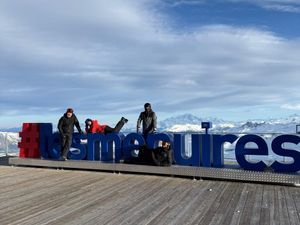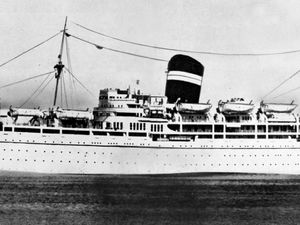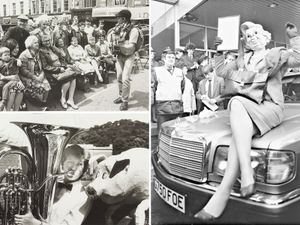Wolverhampton woman, 97, who survived gulag horrors recognised with medal from the Polish Government
In the early hours of a February morning in 1940, the life of a Black Country woman changed forever.
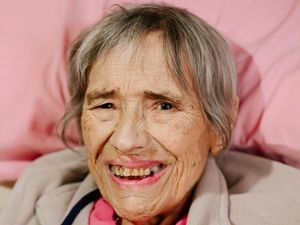
Janina Slawinska was one of 1.7 million people living in Eastern Poland who, on February 10, 1940, were forcibly removed from their homes by Soviet troops and deported to the Arctic north of Russia.
It meant the 16-year-old Janina, along with her mother Marysia, her father Boleslaw, her brothers Stan, Joseph and Romek and her sisters Bronia and Jadwiga were forced to leave their home and were taken to a labour camp.
The waves of mass deportation in 1940 and the first half of 1941 saw hundreds of thousands of Poles forced to work in inhumane conditions, building rail roads and other hard labour tasks.
The presentation of the Siberian Exile Cross to 97-year-old Janina is part of the Polish government's efforts to commemorate the memory of those who died and celebrate the people who survived and thrived after escaping.
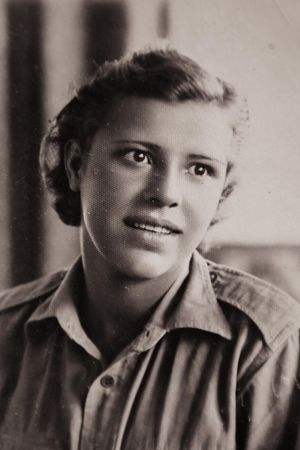
Although suffering with a number of health issues, Janina has been able to give her account of the struggles she and her family went through, having produced an account of her experiences with help from her son Henri.
She said she and her family were lucky to make it out of the gulags, having spent 18 months in freezing temperatures, eating a basic diet of mouldy bread and fish head soup and suffering from various illnesses.
She said: "My family were exhausted, emaciated, malnourished and dressed in rags which were riddled with lice, while my sister and mother suffered from typhus.
"In fact, within a year of this harsh treatment, more than one million of the deportees were already dead, so we were lucky to make it.
"We left our second camp Witiunino in the Arkhangelsk region on a wooden raft we'd built, sleeping on the river banks at night and travelling six months across the frozen wastelands of Stalin's Soviet Union before we found freedom in Persia."
Janina described how the family had to beg for food and drink, how they became separated from Stan and the death of her father, who died from exhaustion and malnutrition in March 1942.
Having joined Anders Army at the time, the family were able to escape across the Caspian Sea to Pahlavi in Persia (now Iran), where her mother and sister Bronia received treatment for typhus, before travelling to Australia. It was the last time Janina ever saw her mother.
Life took Janina to Iraq with the Polish army after six months of rehabilitation and a chance meeting with her future husband Jozef Slawinski, who she married in Jerusalem in Palestine (now Israel) in 1947 before moving to the UK in 1948.
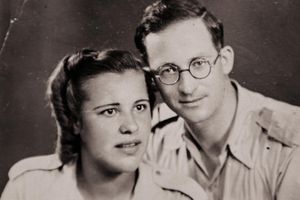
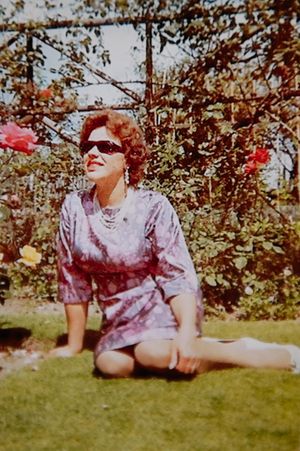
She has resided in Ashmore Park since the early 1960s and is cared for by her sons Edward, George and Henri Slawinski, who described her as a great survivor through everything.
George said: "She has suffered in the past from sepsis for which we were told to be ready for the end, a heart attack for which she has a pacemaker where the batteries need changing and had a severe stroke five year ago.
"She's diabetic, lost the vision in one eye and has the onset of dementia, but she is still here, still battling and still surprising people and she's a real survivor."
The award is decreed by the President of Poland, who sends a letter bestowing the honour of the medal on the recipient on behalf of the Republic of Poland.
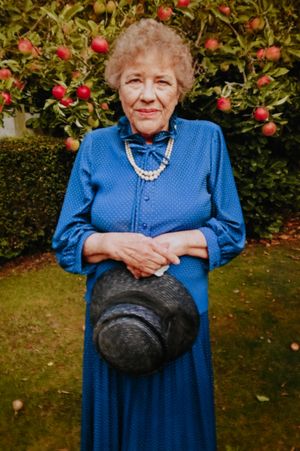
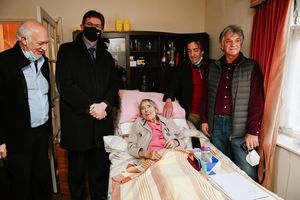
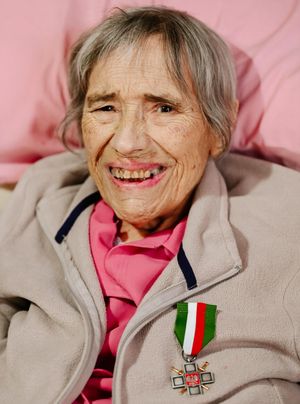
Mateusz Stasiek, consul general of the Embassy of Poland, was on hand to make the presentation of the Siberian Exile Cross to Janina and described her as a example to everyone.
He said: "The award is very important for us to remember those people who suffered and who, through great physical and mental stamina, never gave up, and Janina is a great example of that.
"I'm really proud of everyone who went through that and went on to have productive lives with children of their own, interesting occupations and contributed to the communities they lived in.
"Janina went through very difficult conditions in the north of Russia and survived, then became a member of the Polish army driving lorries and receiving decorations, so her life is an exemplary one for us all."
George said his mother had been overwhelmed with delight to receive the award and spoke warmly about her will to live over the years.
He said: "She was absolutely delighted to receive this award from the man from the embassy, saying how she couldn't believe such a man was in her house giving her this award.
"When you consider how she was taken away at 16 under those conditions in the cattle trains you'd see in Dr Zhivago and survived 18 months in horrendous conditions, this award is an amazing tribute to her.
"She is always grateful for the life she has led and when she hears people complain about services, she will say that they don't know how lucky they are to live in a country which is free."

